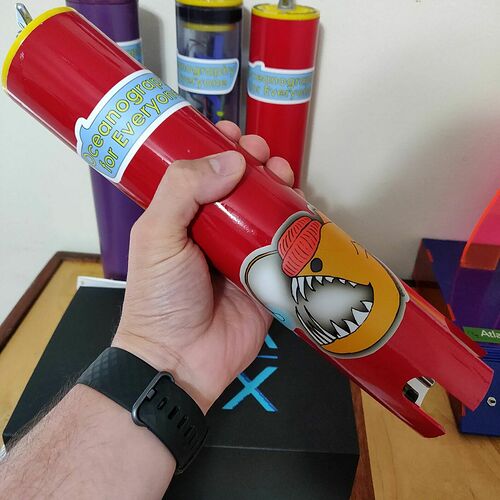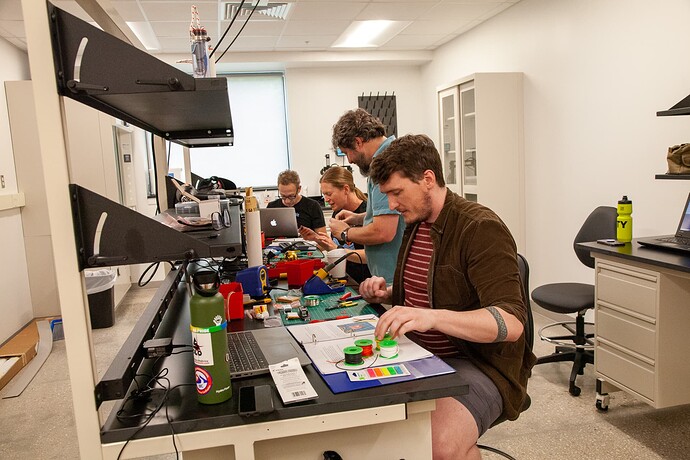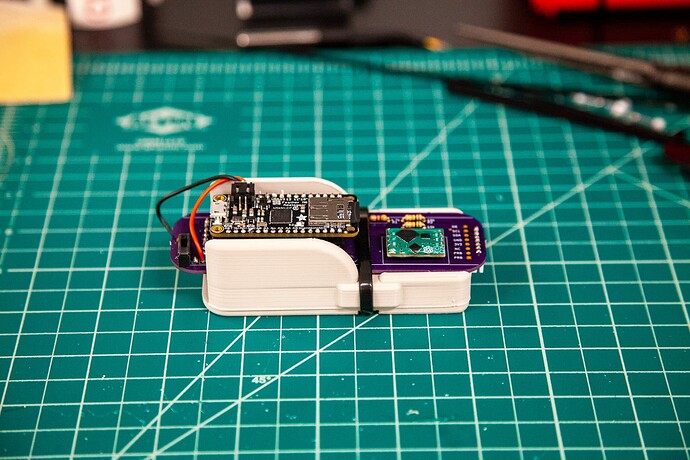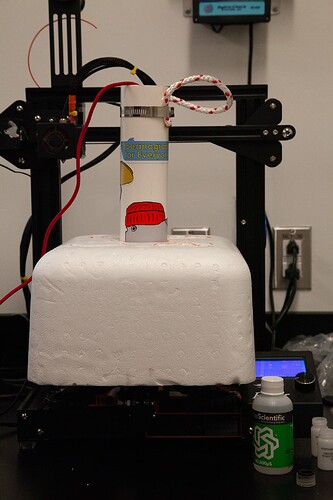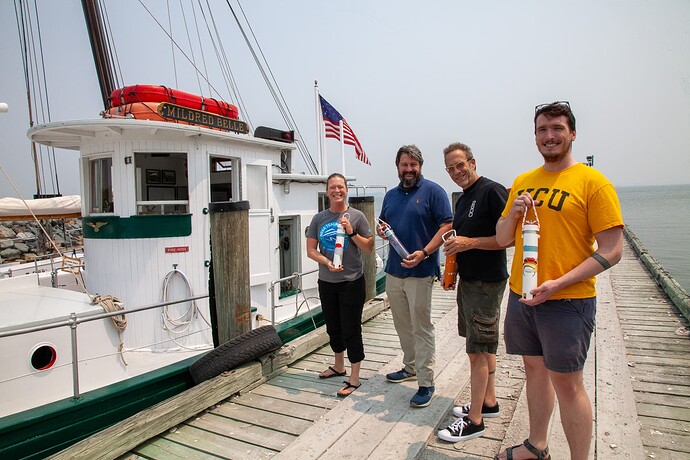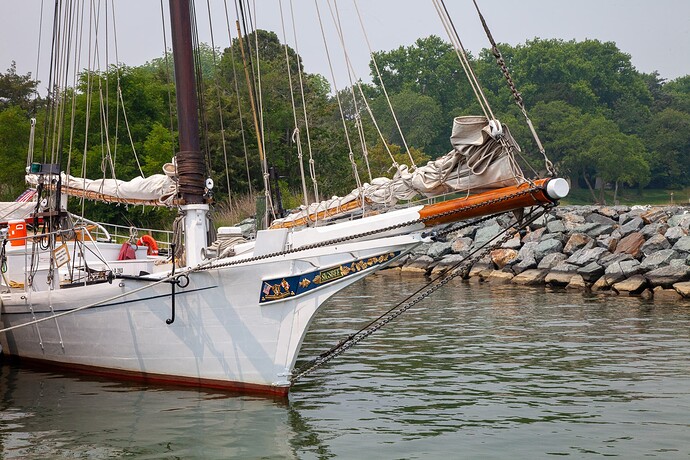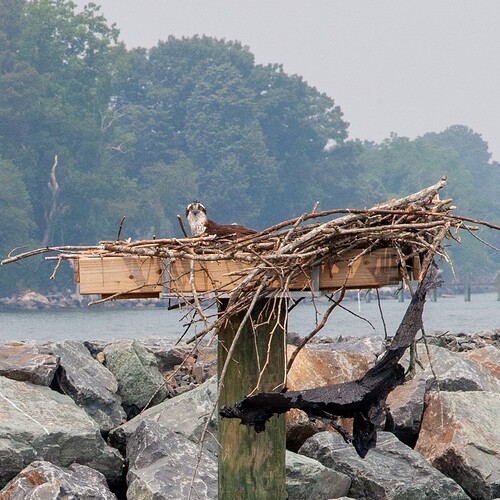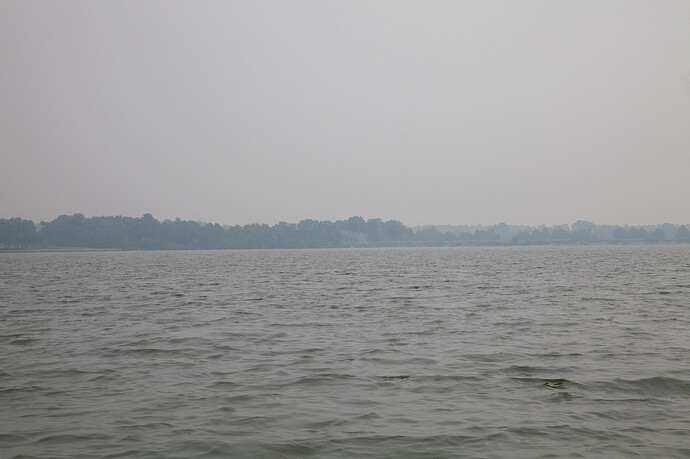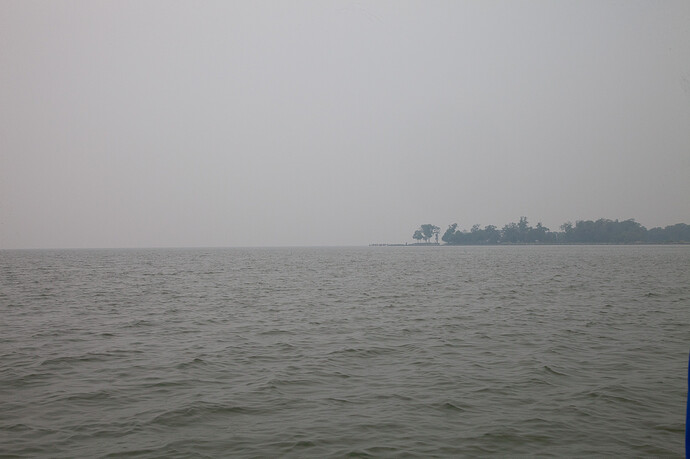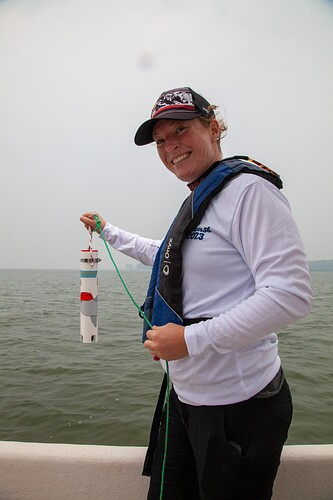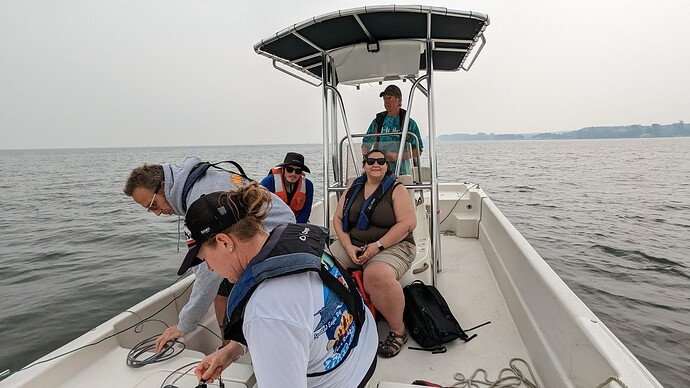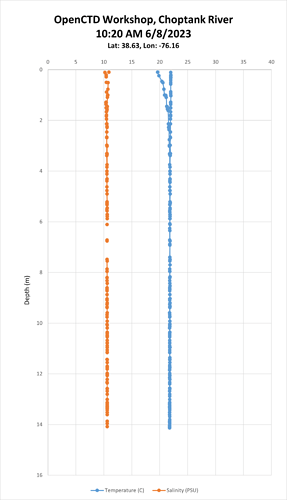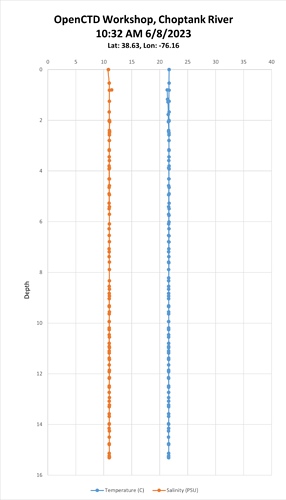We are super excited to be among the recipients of GOSH Open Science Hardware Event Funding Program 2023 (Please note: we had a really tight turn around between being awarded this grant and needing to get the workshop organized and implemented, so unfortunately we were a bit slow on getting the forum updates in. The workshop happened June 6 through 8, 2023).
Oceanography for Everyone is an informal collective working on developing the OpenCTD, a low-cost, open-source oceanographic instrument that measures conductivity, temperature, and depth. These measurements allow ocean scientists to assess ocean health and better understand our changing oceans.
The OpenCTD (https://github.com/OceanographyforEveryone/OpenCTD) is designed to be built, calibrated, and deployed by end-users, reducing the barrier to entry for ocean knowledge seekers working in science and conservation. A key component of the OpenCTD design philosophy is that it should be as readily accessible to as many ocean users as possible, without requiring experience in electronics or ocean science. OpenCTD workshops have been conducted with students as young as middle school.
This OpenCTD documentation and development workshop will be an opportunity to bring together contributors to the OpenCTD project with the goals of: updating all the OpenCTD documentation to the current specifications and standards; conducting field trials against known, calibrated commercial CTDs when available; and introducing the local academic community to the potential for low-cost, open-source scientific instrumentation.
This workshop will consist of a two-day documentation-a-thon, where project leads and community members will build and document the OpenCTD assembly process, update the instruction manuals, and solicit feedback on the instructor syllabus for running classroom workshops. Interested students from the University of Maryland Horn Point Lab will be invited to participate in this process.
After going through a calibration process, the newly built CTDs will be deployed in the Chesapeake Bay in conjunction with calibrated, commercial CTDs from the University of Maryland (if available) to provide data validation for the OpenCTD. This will provide an additional opportunity to invite participation for the UMD Horn Point community, including students, faculty, and staff. The goal of this is to not only validate the quality of the OpenCTD construction, but to more broadly introduce the potential of open-source scientific hardware to the local academic community.
CTD’s are the cornerstone of all oceanographic research and an essential component or nearly all marine scientific and conservation studies. One of the many hurdles to large-scale acceptance of tools like the OpenCTD is that formal researchers are often skeptical of the data quality (though, as a side note, among the discoveries made in our 7-year pursuit of an open-source CTD is that many, if not most, of the commercial CTDs currently being used within academia are themselves out of calibration and unreliable). By ensuring that the documentation is up to open-science standards and providing additional validation of the quality of the instruments when compared against expensive and restrictive commercial alternative, this workshop will help build confidence in the potential for open-science hardware in the academic community and especially among oceanographers and marine scientists.
